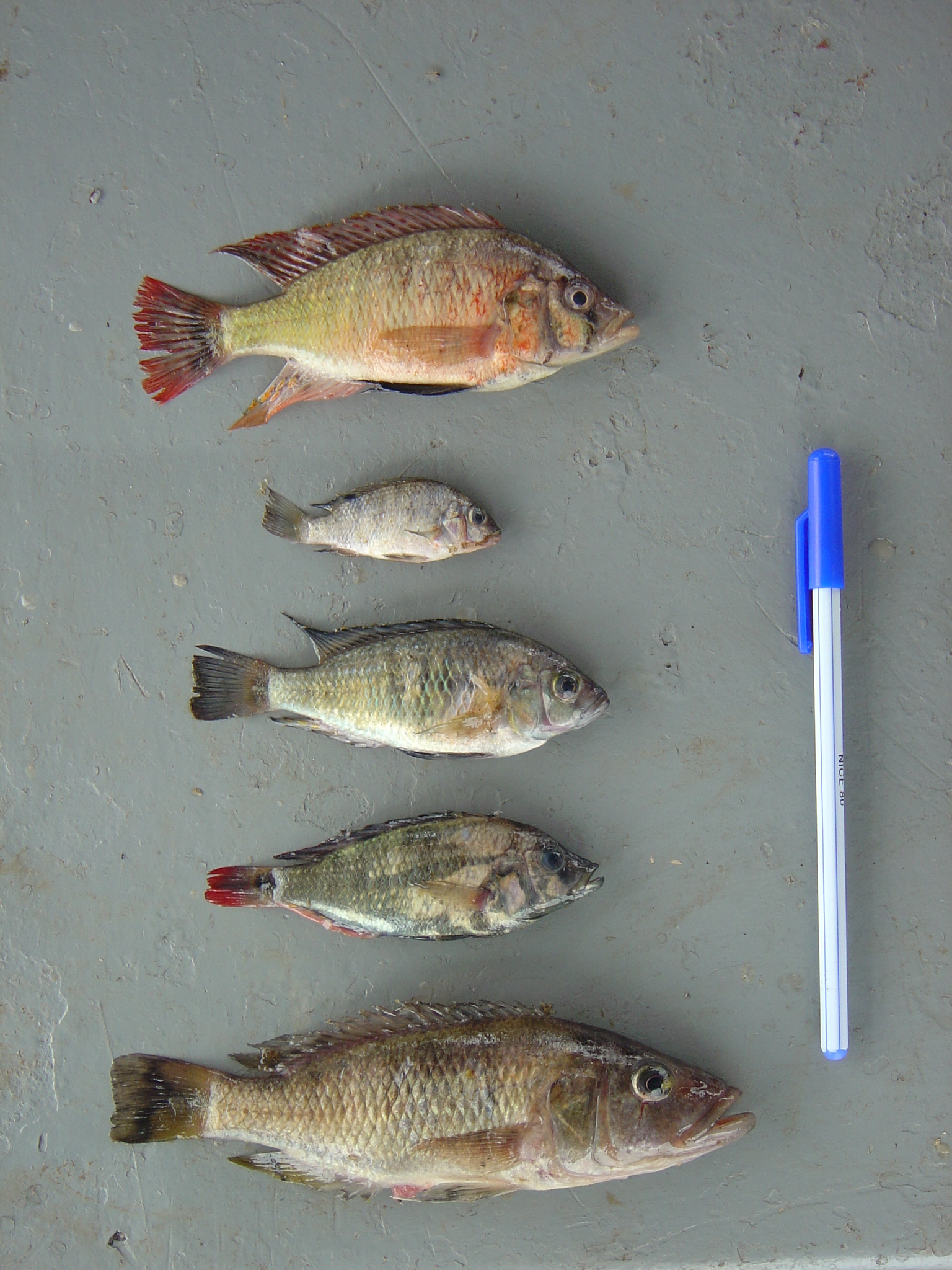The objective of the project was to contribute to the sustainable economic growth and development of the Lake Victoria basin, by assisting the three riparian countries constituting the Lake Victoria Fisheries Organisation (LVFO) to implement management measures in line with the approved Fisheries Management Plan and the LVFO Strategic Vision 1999-2015.
The project aimed to strengthen the communities’ abilities to co-manage the fisheries, to improve fisheries infrastructure, including social infrastructure, water supply, sanitation and other amenities, guaranteeing an improved quality of life in the fisheries communities, the establishment of a sustainable Monitoring, Control and Surveillance system and strengthen the LVFO Secretariat.
The project operated at the macro, meso and micro levels. At the level of fisheries policy and legislation, the project supported the development of a Kenyan fisheries policy and supported the follow up to the drafted Ugandan fisheries legislation. In order to inform development of policy within each of the countries and a holistic lake vision, the project is also supported ongoing monitoring to give updated indicators on the state of the stocks and socio-economic conditions in the fishing communities. The results fed into a developed Fisheries Management Decision Support tool to assist management decisions, further supported by a lake-wide database.
At the level of the communities, the project facilitated the creation of co-management organisations ‘Beach Management Units’ and providing training to stakeholders at the beach level and in local government. Community development was supported by the assessment of the level of social services and infrastructure, and support to improve this to support improved efficiency in the fisheries sector and poverty reduction. In addition, the MCS component of the project that supported BMU and government efforts to reduce illegal fishing and improve the sustainability of the fishery.
The project worked across all three countries through a series of national and regional working groups and had a specific communications strategy to interact with key stakeholders including related institutions, projects, governments and the private sector (processors) and NGOs. Human resources development and capacity building formed a key part of the work. A HRD strategy was put in place and capacity building was ongoing from the policy level through to the LVFO and local government and BMU levels

